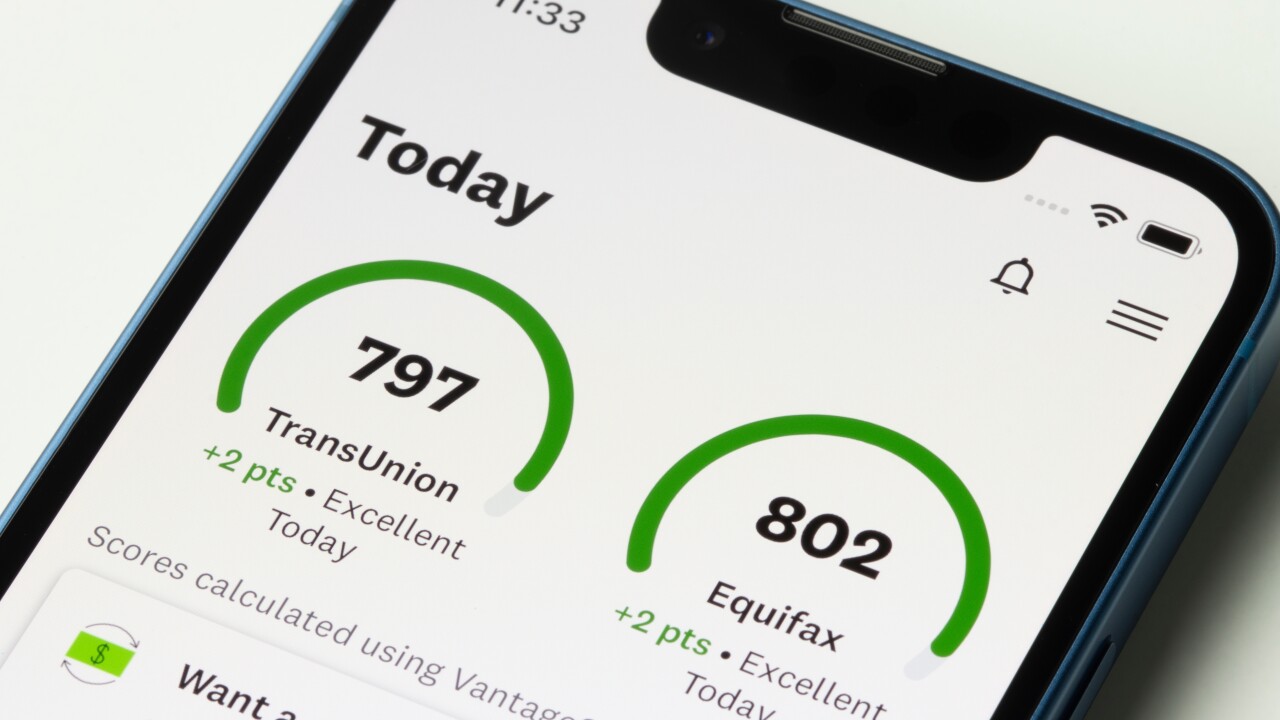
The Consumer Financial Protection Bureau released a plan Thursday to overhaul the debt collection industry that would limit collection attempts to six per week and require confirmation of a debt before contacting consumers.
But the 117-page proposal, released to the media a day early, would apply only to collection agencies, debt buyers, collection law firms and loan servicers covered by the Fair Debt Collection Practices Act. The agency said it expects to convene a separate small-business review panel in the next few months for banks, credit card companies and other first-party creditors not subject to that law.
The move was unprecedented, essentially splitting the proposal into two. Banks and other financial firms are currently exempt from the debt collection law, but the CFPB still has authority to target them as part of its Dodd-Frank Act authority to take action against unfair, deceptive and abusive acts and practices.
Holding separate processes for two types of creditors "is the most efficient way to proceed, particularly because it will enable participants to provide more focused and specific insights," the CFPB said. "The CFPB plans to address consumer protection issues involving first-party debt collectors and creditors on a separate track."
By law, the CFPB must first preview its intended actions to a small-business review panel. After it receives feedback — a process that can take months — it can then formally issue a proposal.
Under the plan, debt collection firms would be prohibited from collecting on debts without proper documentation and would be required to have more and better information about a debt before attempting to collect.
"Today we are considering proposals that would drastically overhaul the debt collection market," CFPB Director Richard Cordray said in a press release. "This is about bringing better accuracy and accountability to a market that desperately needs it."
Another major change is that debt collectors would be required to disclose to consumers if a debt is too old, and therefore not legally enforceable. Collection notices would have to include a "tear-off" portion so a consumer could more easily dispute a debt or pay it.
While a significant change, it does not go as far as consumer advocates wanted. They were seeking to bar the collection of so-called time-barred debt that has exceeded statutes of limitations.
"Killing off zombie debt once and for all by banning all collection of time-barred debt remains the most effective way to protect consumers," April Kuehnhoff, a staff attorney at the National Consumer Law Center, said in a press release.
The debt collection industry is expected to fight provisions of the plan, including the limit on collection attempts to six per week through any point of contact, and a requirement to stop collections if a consumer disputes the validity of a debt. If debt collectors come across any specific warning signs that information is inaccurate or incomplete, they would have to resolve the problem before collecting, according to the proposal.
Under the plan, collectors would be required to check the documentation of a debt, including reviewing evidence of principal interest, fees and dates and amounts of payments made after a default, before pursuing action in court against a consumer.
If a debt collector transfers or sells debt without responding to disputes, the next collector could not try to collect the debt until the dispute is resolved. The plan also would require that collectors transfer information provided by the consumer when selling a debt.
The changes are expected to significantly raise costs for debt collection firms.
For example, if a consumer sends back a tear-off sheet within 30 days of an initial collection notice, the collector would be required to provide a debt report with written information that verifies the debt. The collector could not pursue a debt until the report and verification are sent.
For consumers who have died, the CFPB is also considering proposing a 30-day wait period before a collector could contact a surviving spouse.
Additionally, the agency released a study of third-party debt collection operations that found very few debt collectors check incoming data for accuracy beyond using external databases. The study also found that large debt collectors generally have internal limits on the frequency of collection calls in the range of two to three calls per day per consumer, though in practice they generally called no more than two to three times per week.
The plan did not include any new information on the use of technology such as text messages in debt collection, though the CFPB said it is seeking feedback about whether to permit "limited-content" messages to cut down on repeat contacts.





